5 Things to Do in Little Tokyo, California
Never been before? We’ll be your trustee Little Tokyo guide with a day’s worth of fun things to do in Little Tokyo.
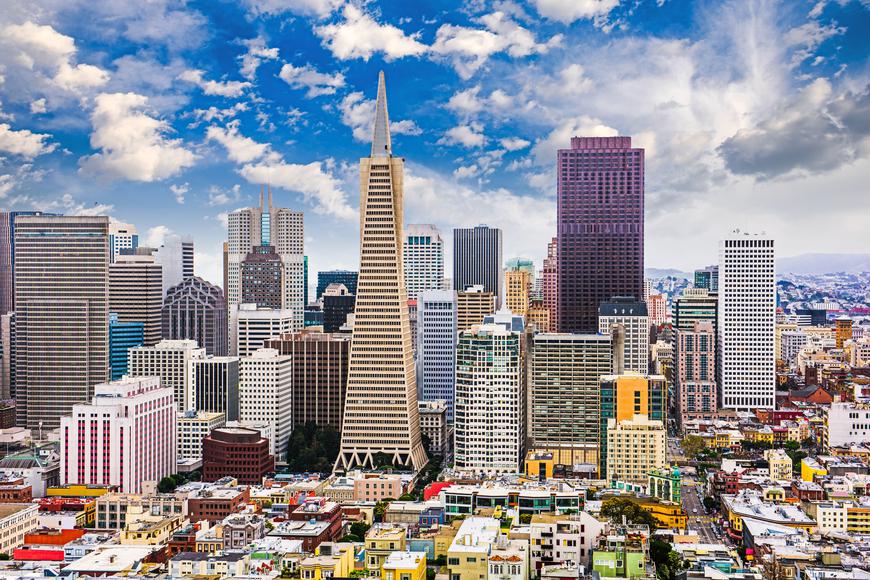
S.F. is both a culturally rich city and an architectural utopia. Here's the famous architecture in San Francisco you don't want to miss.
San Francisco is more than just a culturally rich city; it’s an architectural utopia. The City by the Bay’s striking skyline evokes modern 21st-century metropolis vibes, but as you explore its depths, S.F.’s history emerges in the form of architecture—Victorian, Edwardian, and Beaux-Arts masterpieces line San Francisco’s streets and iconic neighborhoods.
Although some places may be overshadowed by the mysterious Alcatraz Island or the Golden Gate Bridge, S.F.’s architecture is just as deserving as the city’s most famous landmarks. Each neighborhood boasts gorgeous buildings that are perfect for starting an Airbnb and snapping photos for the ’Gram. So, the next time you’re out and about discovering hidden gems in San Francisco, pay a visit to these architectural masterpieces that make the city so epic.
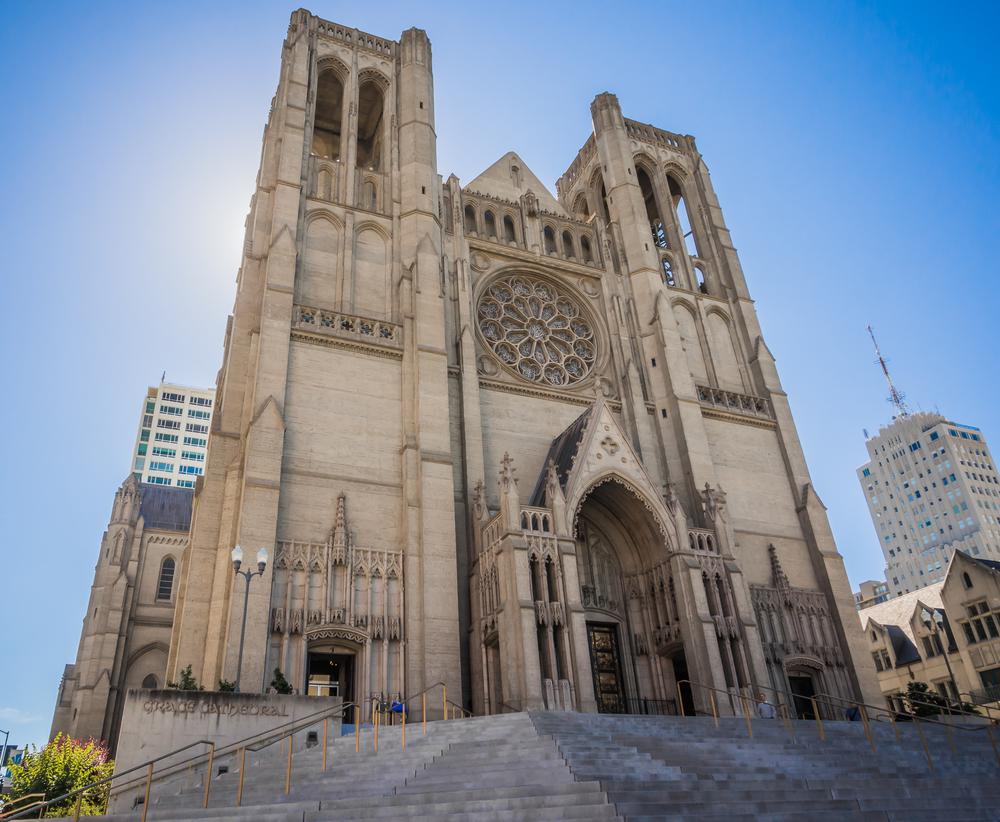
Location: 1100 California Street, San Francisco
Grace Cathedral is an Episcopal church located in the historic Nob Hill district. The cathedral was founded in 1849 but met its demise in the 1906 San Francisco Earthquake. After raising enough funds for reconstruction, the parish started rebuilding Grace Cathedral in 1927—the final construction was completed in 1964.
Lewis P. Hobart is the mastermind behind the French Gothic cathedral. Polish painter Jan Henryk de Rosen also added his touch to Grace Cathedral, decorating the space with his exemplary mosaics. Now an attraction for its unique architecture and art, Grace Cathedral has two labyrinths, multiple stained glass windows, and a 44-bell carillon. The cathedral has been a San Francisco Designated Landmark since August 5, 1984.
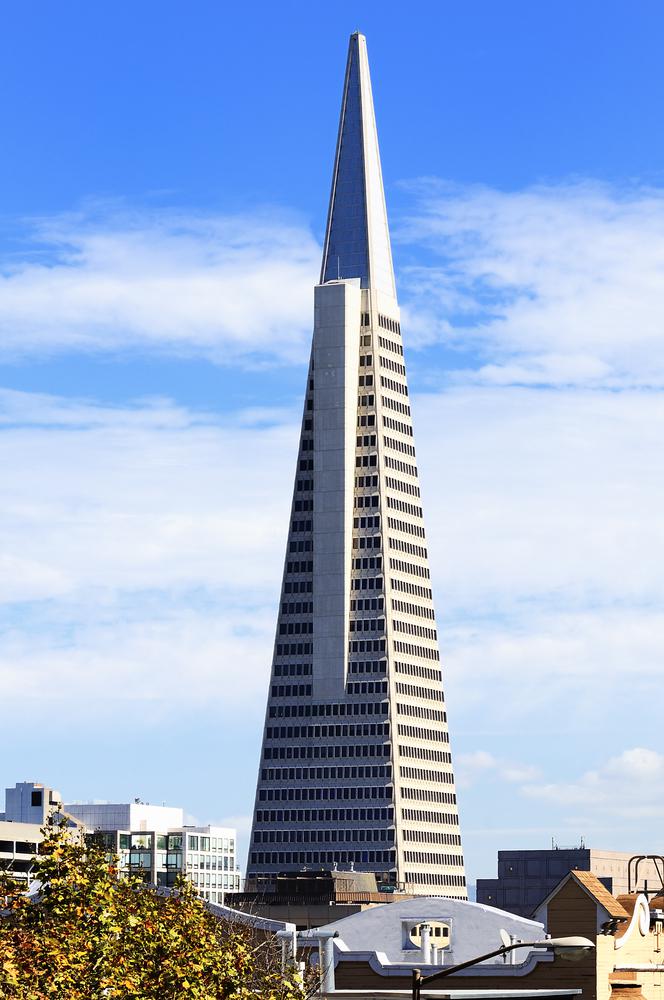
Location: 600 Montgomery Street, San Francisco
Salesforce Tower may be the tallest building in the San Francisco skyline, but the Transamerica Pyramid is the skyscraper that immediately captures our attention. Completed in 1972, the futurist building boasts 48 floors and stands 853 feet tall. At the time of its completion, the Transamerica Pyramid was the eighth tallest building in the world.
Architects William L. Pereira and Harry D. Som designed the building to appear like a four-sided pyramid with two wings emerging from the sides. Aluminum panels cover the top part of the building. Undoubtedly one of the best architectural designs in San Francisco, the Transamerica Pyramid is a defining symbol of the city.

Does your business rank among the best in California?
nominate a businessLearn more about our selection criteria and vetting process.
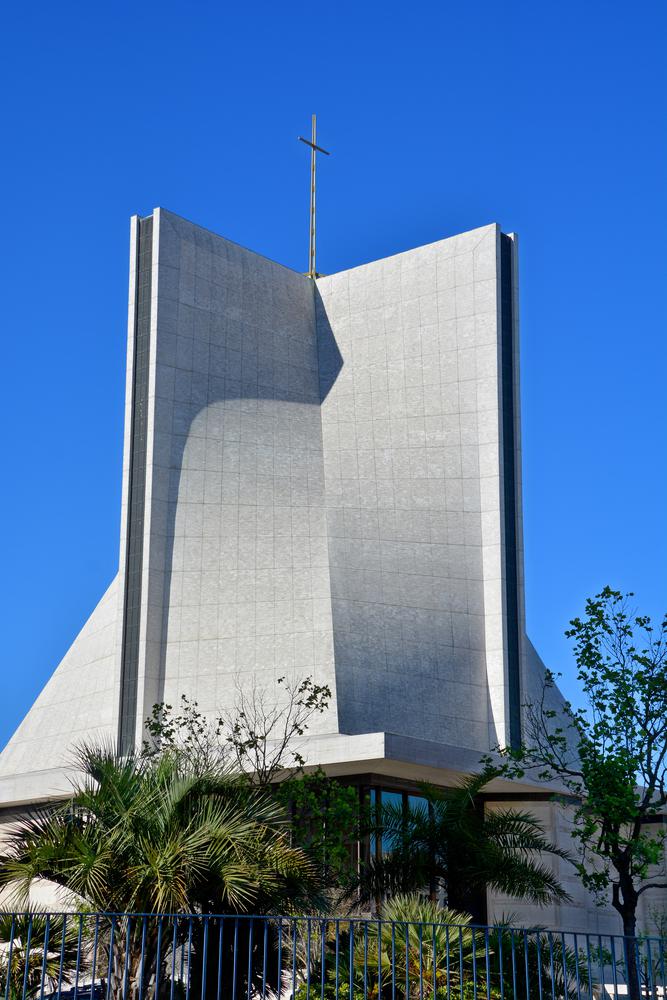
Location: 1111 Gough Street, San Francisco
The Cathedral of Saint Mary of the Assumption, also known as Saint Mary's Cathedral, is the principal church of the Roman Catholic Archdiocese of San Francisco. Located in the Cathedral Hill neighborhood, the church is an archetype of modern architecture in San Francisco. The current cathedral was built between 1967 and 1971 thanks to the efforts of John Michael Lee, Paul A. Ryan, and Angus McSweeney. The three architects collaborated closely with Pier Luigi Nervi and Pietro Belluschi.
The Cathedral of Saint Mary of the Assumption stands 190 feet high and features a 55-foot golden cross on top. There are eight segments of hyperbolic paraboloids on its saddle roof; this creates the illusion that the bottom horizontal cross-section of the roof is a square and the top cross-section is a cross.
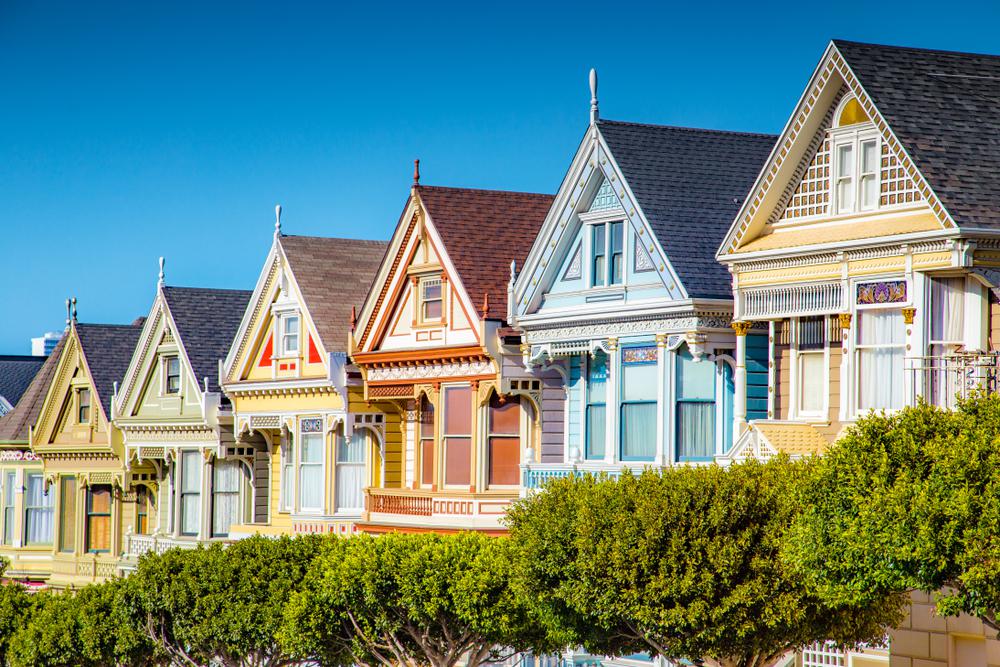
Location: Steiner and Hayes Streets, San Francisco
Perhaps the most photographed Victorian and Edwardian homes in San Francisco are the Painted Ladies. Between 1849 and 1915, around 48,000 Victorian houses were built in San Francisco; while these homes were originally painted in neutral colors, many of them were vividly repainted in the 1960s—adding more color enhanced their intricate architectural details.
The Victorian and Edwardian homes donned different shades of battleship gray until S.F. artist Butch Kardum decided to beautify his house. Adding blues and greens to the exterior of his home, Kardum was initially met with criticism—until his neighbors became inspired to paint their own dwellings as well. Soon, San Francisco’s Victorian houses transformed into the iconic Painted Ladies. Alice Walker, one of the Black Californians who helped shape the state, lived in a Painted Lady home until the mid-1990s.
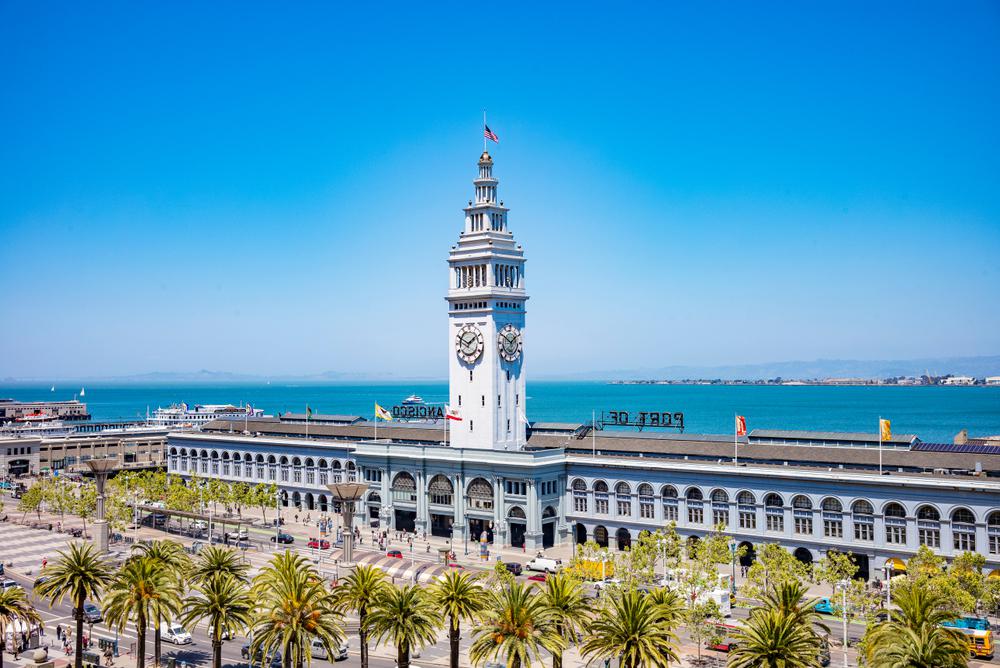
Location: 1 Ferry Building, San Francisco
Situated on the Embarcadero, the San Francisco Ferry Building is arguably the most famous architecture in San Francisco. The Beaux-Arts structure serves as a terminal for ferries, an office building, and a marketplace that’s too good to miss. Encompassing 2.8 acres, the destination was designed by New York architect Arthur Page Brown—who was influenced by the famed French art school École des Beaux-Arts—and was completed in 1898.
The Ferry Building is known for its 245-foot-tall clock tower, which was inspired by the 12th-century Giralda bell tower in Spain. The Ferry Building’s four clock dials measure 22 feet in diameter—you can see them all the way from Market Street. So, make sure to swing by this architectural landmark when spending a weekend in San Francisco.
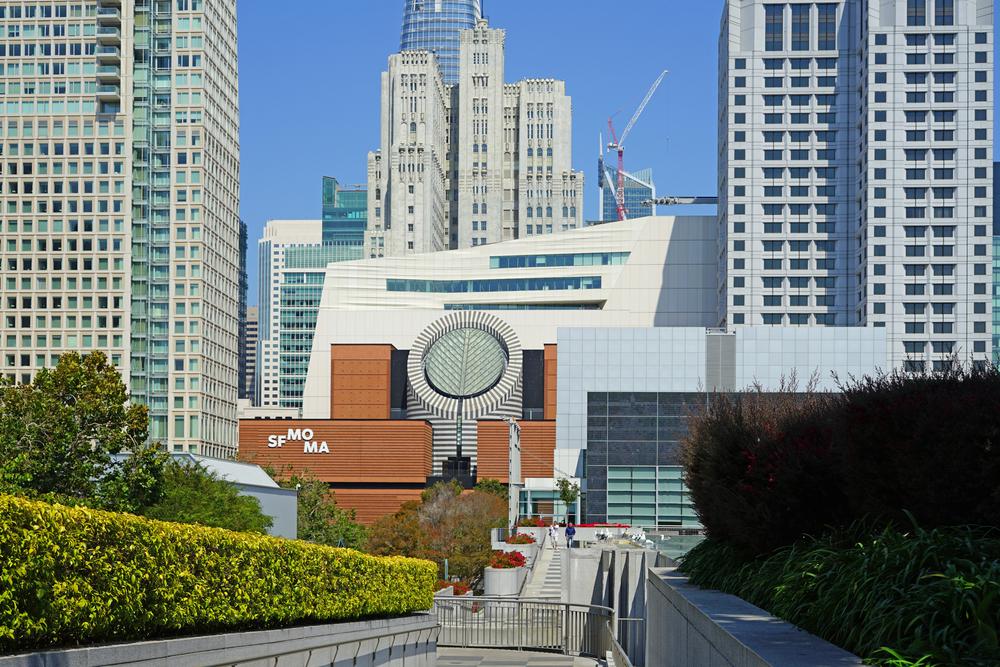
Location: 151 Third Street, San Francisco
The San Francisco Museum of Modern Art (SFMOMA) is one of the top art galleries in the City by the Bay. Housing internationally recognized collections of modern and contemporary artworks, the museum was the first on the West Coast dedicated entirely to 20th-century art. Spanning 170,000 square feet, SFMOMA is not just one of the largest museums in the U.S., but also one of the largest in the world for modern and contemporary art—it is also an architectural icon in S.F.
San Francisco MOMA architect Mario Botta designed the building in his signature style with postmodern touches: Featuring a stepped and patterned brick facade, the structure is topped by a soaring cylindrical turret of black and white stone. The building made its debut in 1995. SFMOMA expanded its facilities in 2016 thanks to the efforts of the Norwegian architecture firm Snøhetta. Adding almost three times more gallery space than before, the museum brings the outdoors into the building’s gallery space.
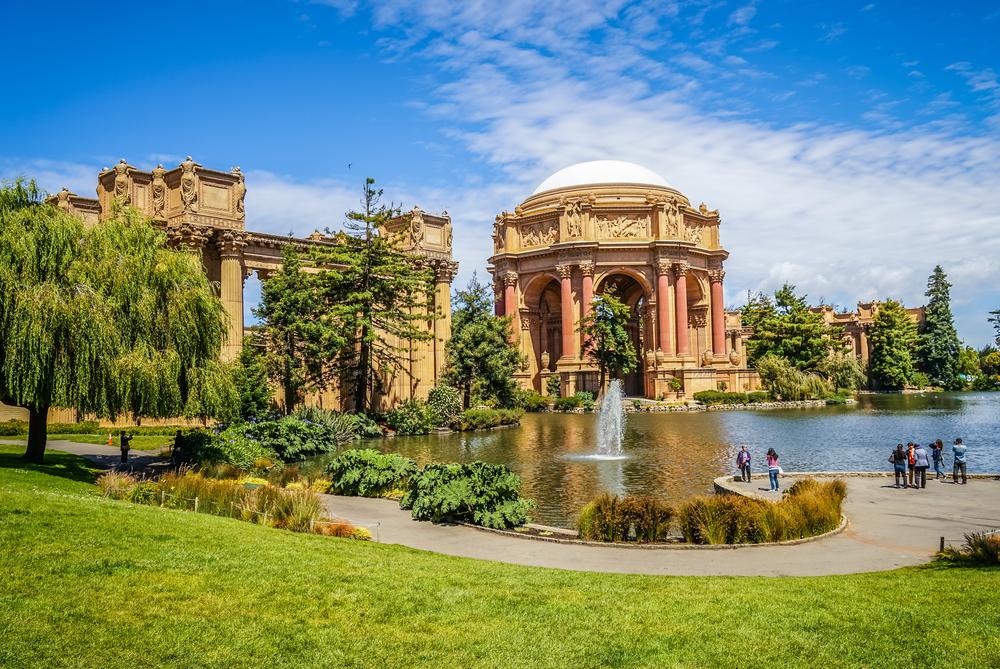
Location: 3601 Lyon Street, San Francisco
The Palace of Fine Arts is a must-see in the city. The monumental structure was built in the Beaux-Arts style with reminiscents of Greco-Roman architecture. As one of the most recognizable landmarks in San Francisco, the Palace of Fine Arts is truly a sight to behold. A lagoon and an exhibition center surround the 162-foot open rotunda—colonnades separate the center from the lagoon.
This S.F. landmark also has a rich history. Encompassing 17 acres, the Palace of Fine Arts was designed by architect Bernard Maybeck. It was originally built for the Panama-Pacific International Exposition—an event that was widely regarded as an opportunity to showcase San Francisco’s recovery from the 1906 earthquake. The Palace of Fine Arts was rebuilt entirely from 1964 to 1974 and remains one of the few surviving structures from the 1915 exposition.
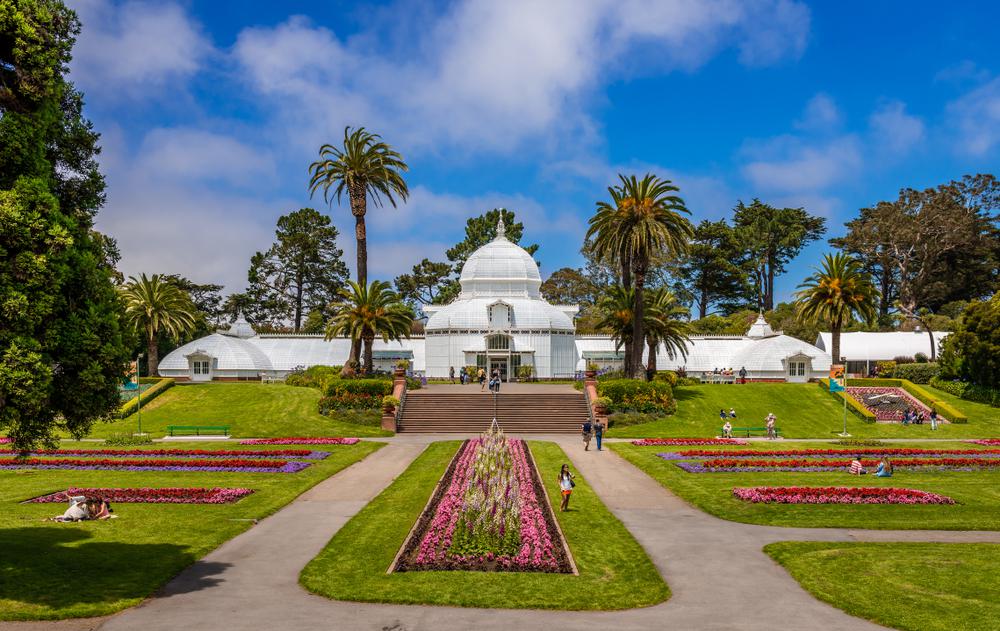
Location: 100 John F. Kennedy Drive, San Francisco
If you're embarking on an architectural tour in San Francisco, be sure to visit the Conservatory of Flowers. This iconic structure combines Italianate and Gothic architectural styles and stands as the oldest building in Golden Gate Park, completed in 1879. Designed by Frederick A. Lord and William Addison Burnham, founders of the American greenhouse manufacturing company Lord and Burnham, the conservatory features distinctive arch-shaped wings radiating from a central dome that reaches about 60 feet in height. As the oldest surviving municipal wooden conservatory in the U.S., the Conservatory of Flowers holds the status of a California Historical Landmark and represents a notable piece of San Francisco’s architectural heritage.


Never been before? We’ll be your trustee Little Tokyo guide with a day’s worth of fun things to do in Little Tokyo.
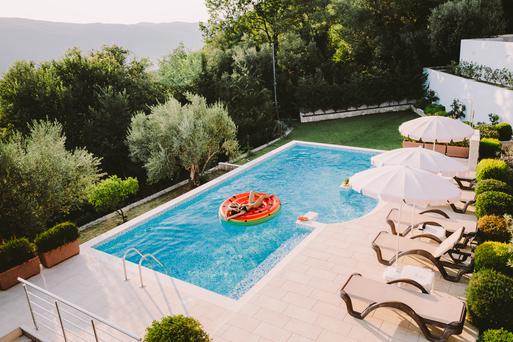
People go on Memorial Day weekend getaways as an indirect celebration of life. How do you plan on celebrating the long weekend?
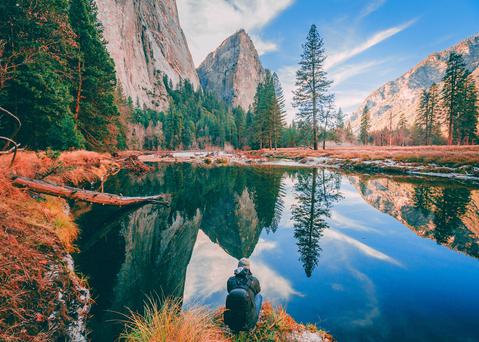
From undulating mountains, to coastal expanses, to verdant forests, here are some of the top spots for backpacking in California.
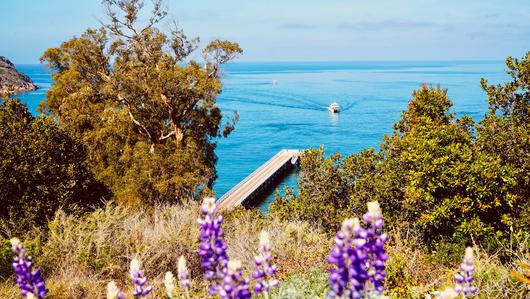
Settled off the California coast, the Channel Islands offer endless adventures. Here are the best things to do and how to get there.

